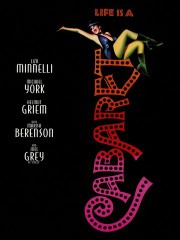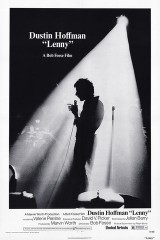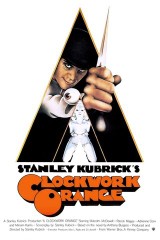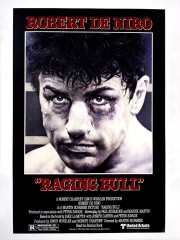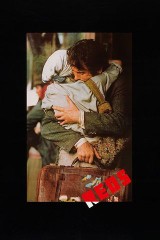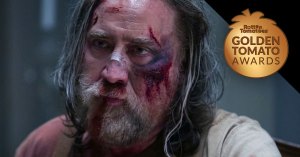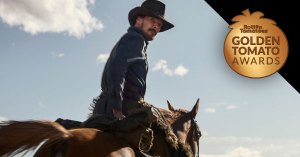Michael Stuhlbarg’s Five Favorite Films

(Photo by Jemal Countess / Stringer / Getty Images)
“I love movies,” Michael Stuhlbag told us, when we chatted with him on the phone. He’s been doing what he loves since the 1990s, having starred in projects like Lincoln, Hugo, A Serious Man, Steve Jobs, Boardwalk Empire, and, opening this week, Pawn Sacrifice. He feels honored to be able to work with the folks he’s collaborated with thus far: “I love having new worlds and new filmmakers thrown at me, so I can learn more about human beings,” he said. “I think it’s a great window into human lives and it certainly makes me feel less alone in my own life, which is a beautiful thing.”
We think it’s a beautiful thing that he loves the art of filmmaking so deeply, as demonstrated by his list of favorite movies. He obviously couldn’t name them all, but he made a point of expressing how influential filmmakers like Stanley Kubrick and Martin Scorsese have been to his career, as well as more recent filmmakers like David Fincher and Paul Thomas Anderson. Here is the list.
Pawn Sacrifice is now open in limited release.


